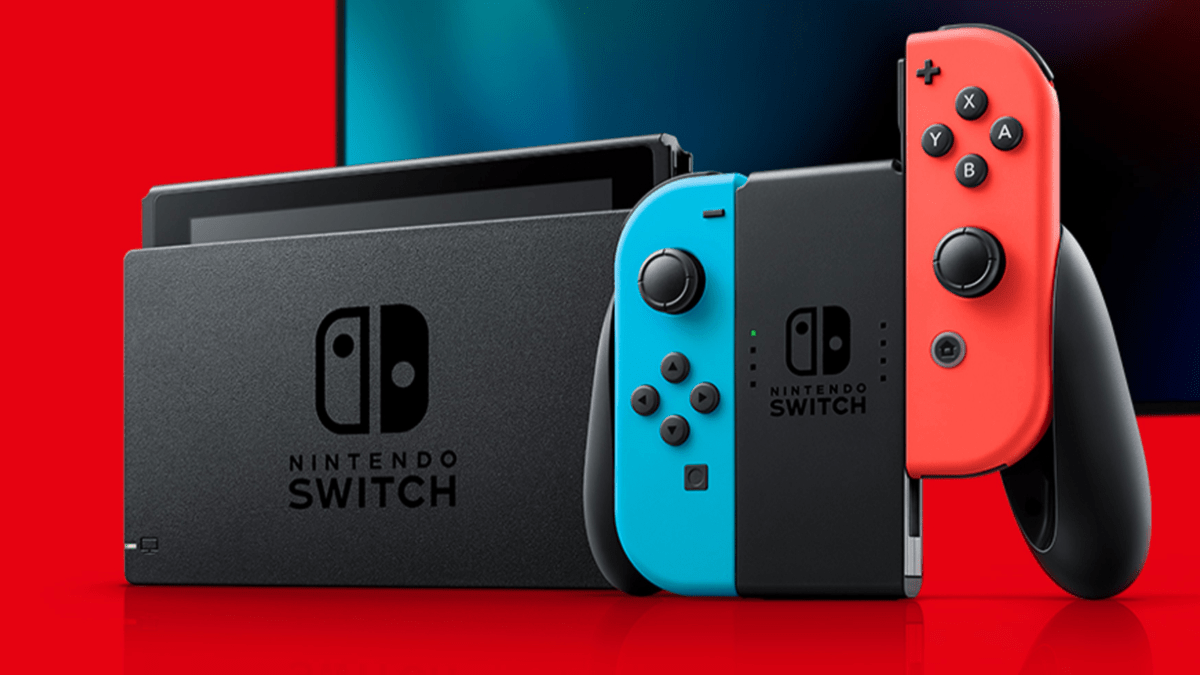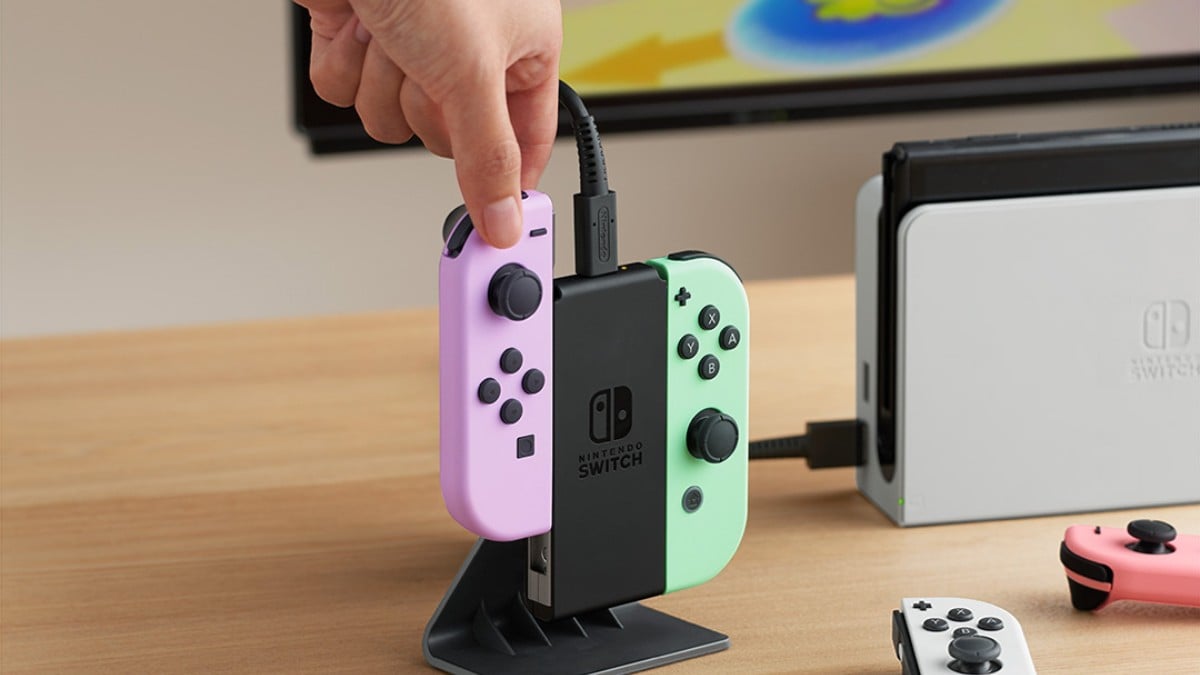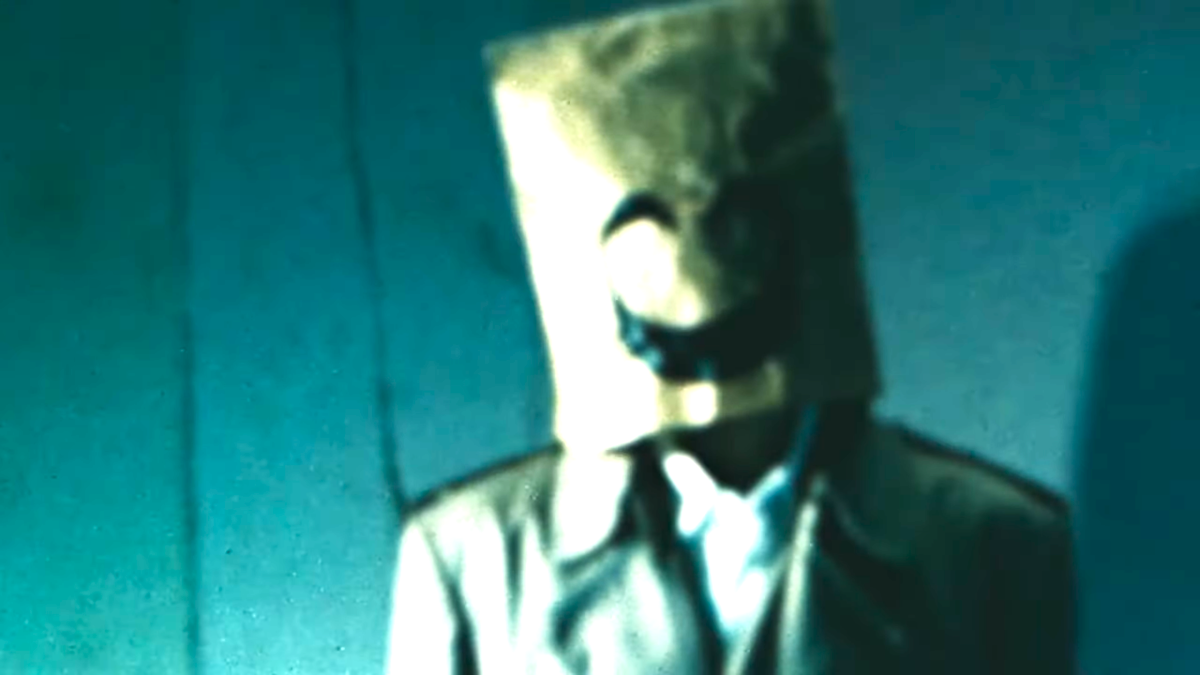Metroid Dread is a game for the season only. It’s satisfying like an incredibly clicky toy and assuredly will find replayability in those looking to maximize their progress and speed. But it’s a brief foray for everyone else, like a single note trying to make as much music as it can with rhythm alone. And that’s not all bad — I could have just described a Rubik’s cube too. But the difference is that Dread makes promises. And whether I ignore the hype of hungry fans and Nintendo itself, or consider what the game in my hands sets out to do, Dread fails to deliver.
The biggest swing Dread takes, its whole conceit really, is purely tonal. Isolation, detachment, suspense — dread. It never really achieves this though. The opening hour is promising: Samus, the great hero we know, is tasked to merely survive her ascent to the surface of planet ZDR. She wakes up with amnesia after the first of many narrative contrivances, and her chances of achieving that basic goal look quite slim.
But of course, her chances are great. In fact, Dread also wants players to revel in Samus’ power. It’s hard to worry for the woman who struts around carrying a giant cannon. If we’re being generous, Samus is stoic. And that’s fine, but what’s the point of making us slowly crawl through this intricately designed haunted house if she’s never going to get caught off guard. It is, as many have noted, supremely satisfying when Samus blasts an encumbered Kraid in the face. It’s also the opposite of what the entire area surrounding that boss room wanted me to feel. In trying to cut it both ways, Dread fails to make me feel much of anything most of the time.

This tonal juxtaposition extends to the EMMI — quadrupedal Federation robots that have oh so mysteriously gone rogue and you’ll never guess what happened. Encounters with the EMMI, and all my attempts to not encounter them, were suspenseful at first. But again, Dread tried to play a whole song with one note. There’s static-y overlay and grey filter in their allotted zones to set the mood, but egress through any of the many doors nearby, and the screen will saturate in safety.
The gameplay itself does little to hold the suspense. I had assumed that taking each EMMI out would feel novel and substantial, probably forcing me to utilize my new abilities uncovered nearby. Instead, the game commits to a singular mechanic found only in these heavily scripted sequences that tries really hard to be suspenseful, but is too much of an obvious puzzle to make me scared.
Really, Metroid Dread is a big puzzle box rather than a haunted house. Boss fights are most often frustrating because I know exactly what needs to be done but lack the precision to execute without practice. This is dreadful in a different sense. Suspense traded for tedium as I grind through the next point of progression.

I overcame each of these obstacles and was quickly ushered down an almost completely linear route to the next boss fight. There was little incentive to explore beyond making the numbers go up. I was guided directly to the powers I needed when I needed them. Sure, they feel cool when you first obtain them, but that didn’t change anything because the most effective way to deal with the many, many, regenerating enemies around the map is to simply wait, parry, and tap one button to execute a fatal counter-attack.
What’s there is there, and all that I am left with is the feeling that this is another one of those. You know, the run-based rogue-lites we’ve seen a plethora of. It’s fast, action-oriented, and doles out power-ups like Dead Cells or Hades, trading in exploration for a string of fast-paced combat sequences that don’t actually utilize these new abilities.
So yeah, Metroid Dread didn’t do anything for me. It didn’t impress upon me the way a game with an entire genre named after it feels like it should. It’s all just a bit trendy, I guess.
This review is based on the Nintendo Switch version of the game. A copy was provided to us by Nintnedo.








Published: Oct 20, 2021 05:35 pm